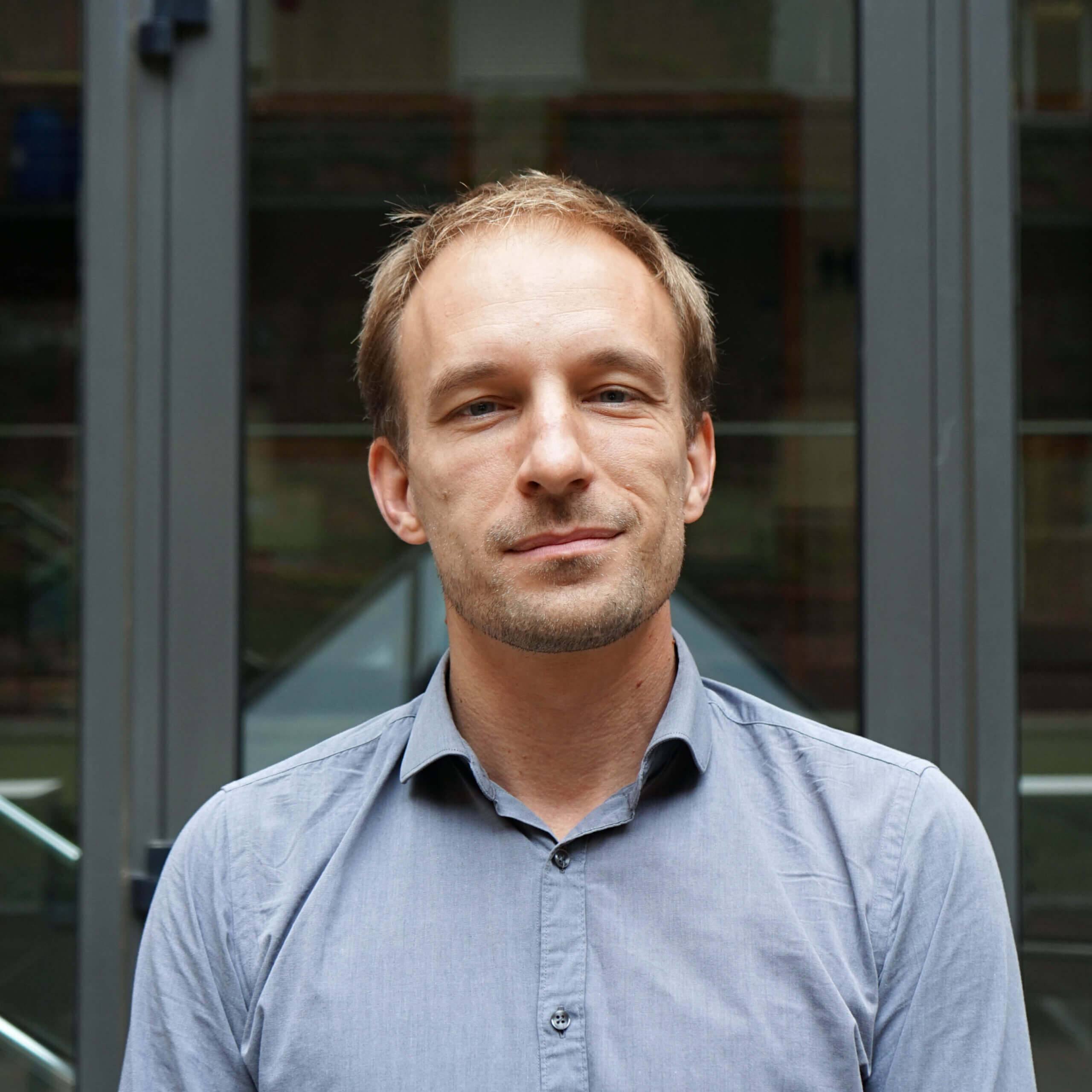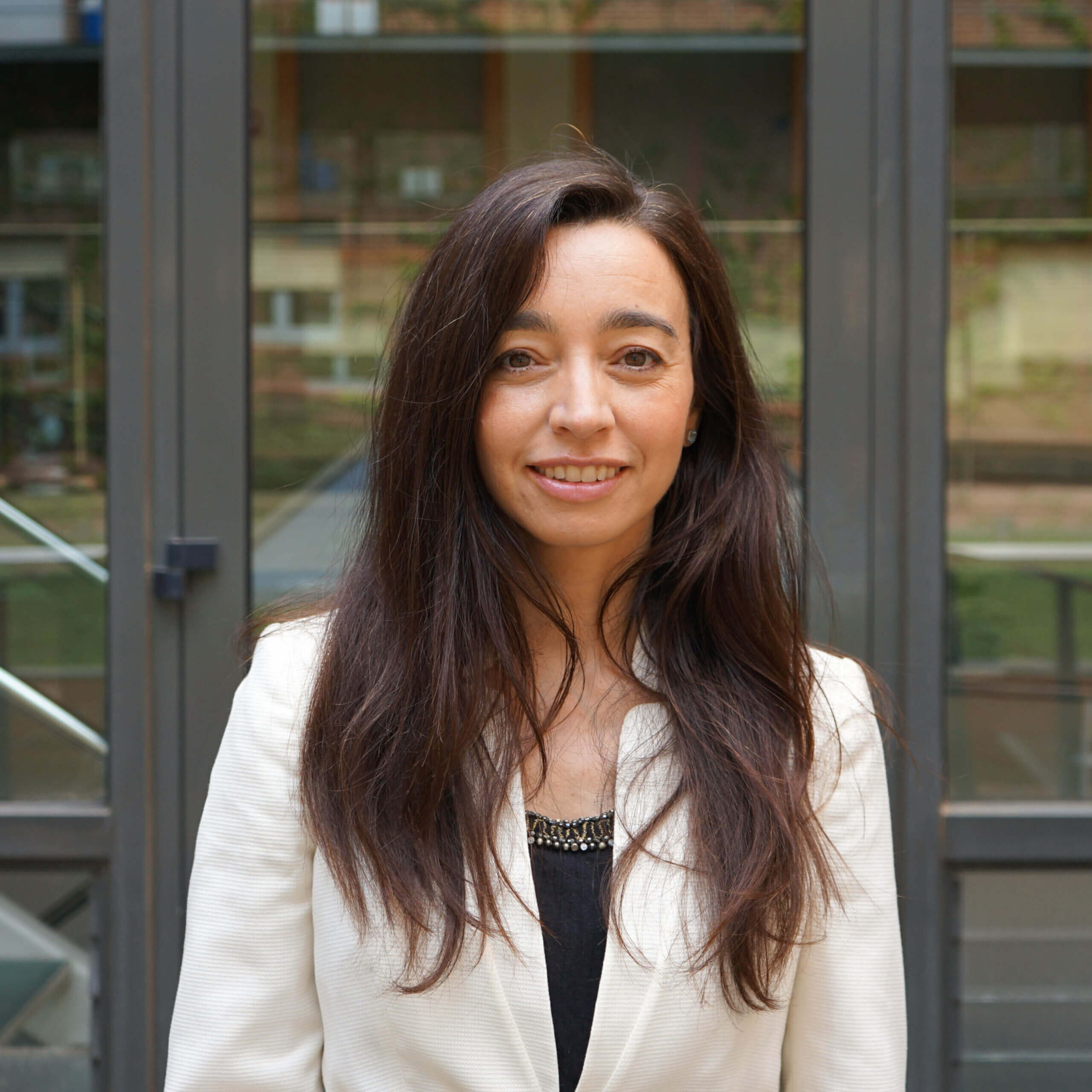The IQS Mobile Pressure project has received funding within the Childhood and Youth category of the 2024 Young and Emerging Research call for grants promoted by the Barcelona City Council. This call aims to consolidate the emerging scientific and research network in the city of Barcelona, enhance talent, and promote leadership in terms of gender. The 2024 call for grants covered topics related to health, climate change and water management, mobility, the elderly, and children and youth. The 23 projects that received funding, out of a total of 113 submitted, were presented in the Council of One Hundred room at Barcelona City Hall this past February.
“We want to apply a scientific look at the problem of premature mobile access"
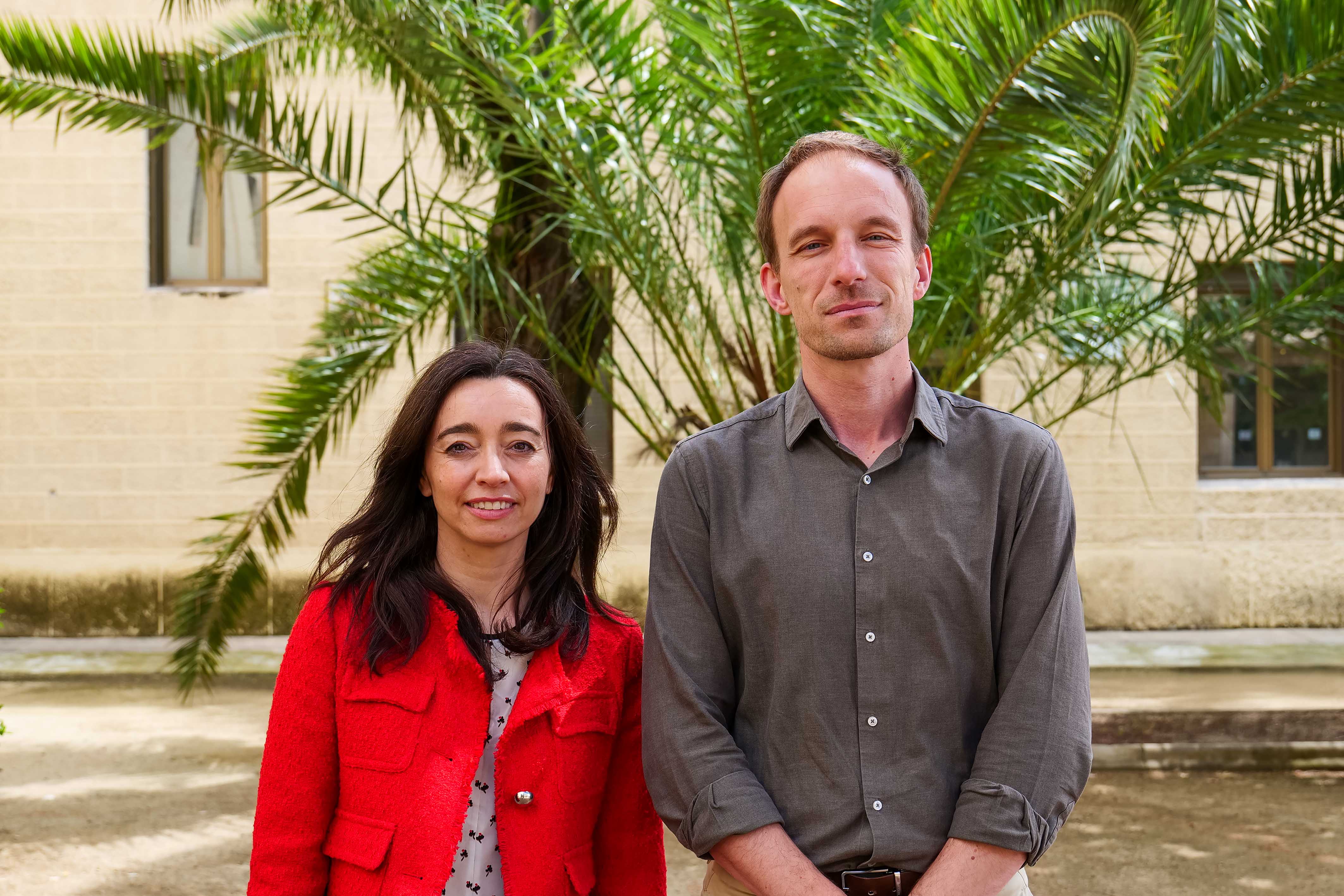
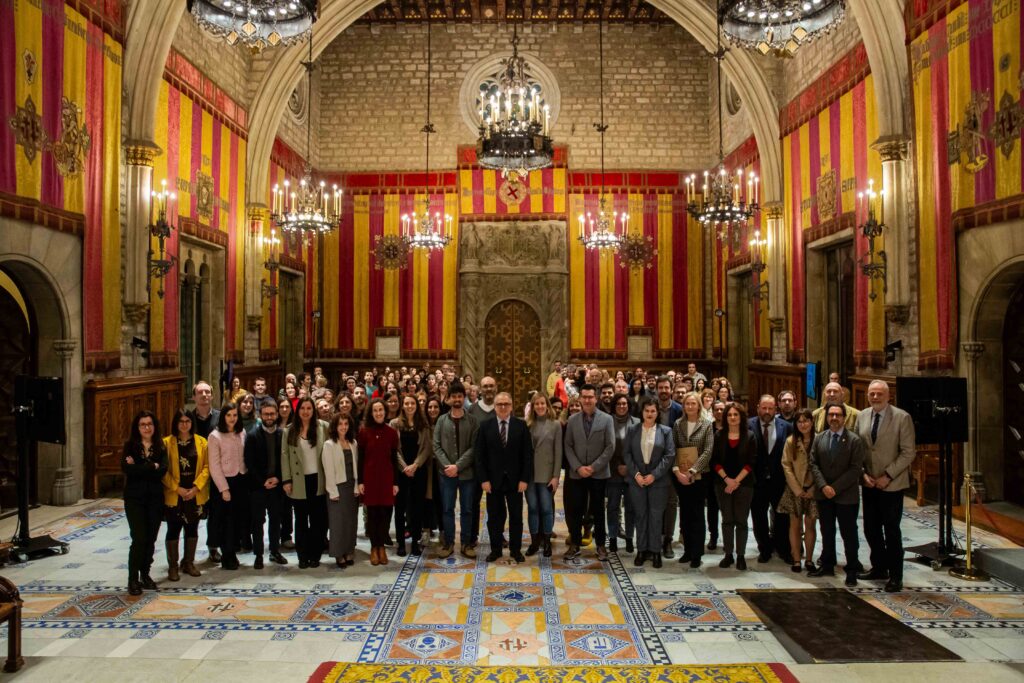
Mobile Pressure is led by Dr Cristina Montañola Sales, PhD in Statistics and Operational Research and member of the Applied Data Analytics and Modelling (ADAMIQS) research group at IQS. The group’s objective is to address the debate on the use of smartphones by children and adolescents to determine the effect of peer group pressure and the impact on the decision of parents to give a mobile phone to their children at very young and unrecommended ages.
In addition to Dr Montañola, Dr Xavier Casanovas Combalia, professor with the Department of Ethics and Christian Thought and researcher with the Sustainability, Economics and Ethics (SEE) group at IQS, Dr Juan Albacete Maza, also with the SEE group, and Dr Maria-Cristina Marinescu, professor with the Department of Mathematics and Data Analysis at IQS and member of the ADAMIQS group, are also participating in this multidisciplinary project. In addition, Dr Clara Prats Soler, a professor with the Department of Physics at the UPC and president of the Interdisciplinary Group of Professionals linked to Health (GIPS), is also participating.
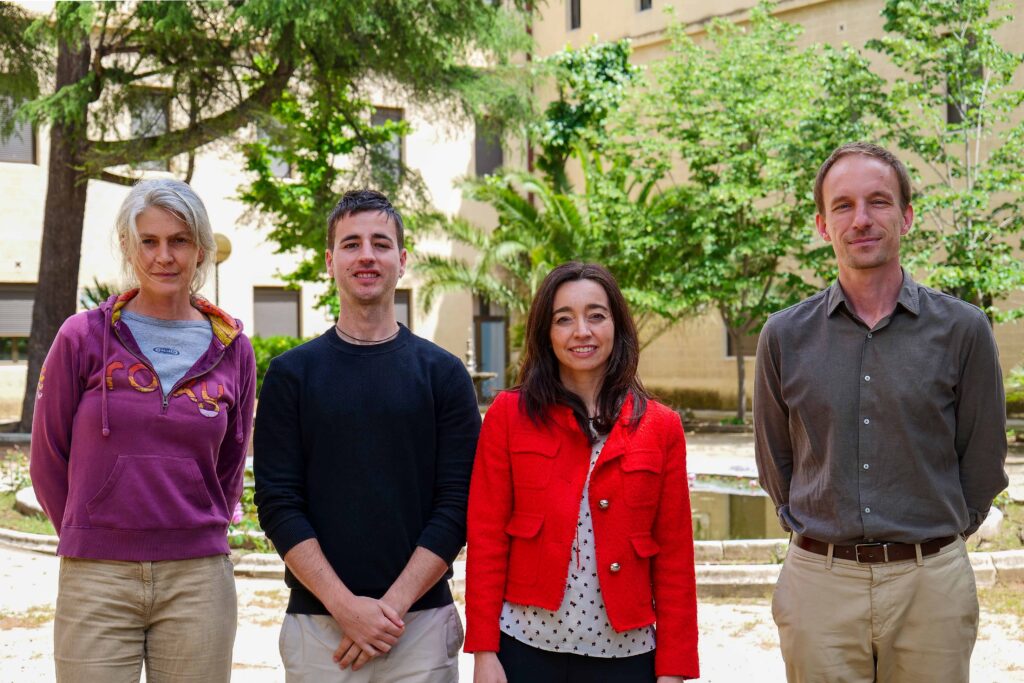
In this interview we are speaking with Dr Montañola and Dr Casanovas about this project and the challenges it is facing
How did you come up with the idea to launch Mobile Pressure?
Xavier C. We launched it through the “Mobile-Free Adolescence” (ALM) movement, which was created just a year and a half ago to bring together families who are concerned about children and adolescents’ early access to smartphones. We saw that they’re getting mobiles too early, and this entails a series of risks in the psychological, behavioural, and social fields. As a father, I have been very involved in the ALM movement since its inception, and Cristina also joined as a mother in her town. It can’t be that at 12-13 years old, 80% of children already have these technologies indiscriminately and without control.
Under this premise, we saw that we could apply a scientific look at the problem of premature mobile access and combine the computational perspective, Cristina’s area of expertise, with the techno-ethical approach that I can contribute from the Department of Ethics. We developed this project, Mobile Pressure, which has been funded by Barcelona City Hall and opens up a new and very interesting line of research.
“In this case, intuition and common sense have been ahead of the scientific evidence”
Cristina M. We can see that, in this case, intuition and common sense have been ahead of the scientific evidence. Parents, families, and professionals (psychologists and educators) are seeing the serious consequences of the use of mobile phones by children and adolescents: lacking attention, bullying problems, sleep and behavioural problems, and so on. Thus far, important consequences have been detected in the use of mobile phones by children, but more scientific evidence is needed to reach conclusions of causality regarding the age when parents give mobile phones to their children.
“We have detected serious consequences, but we need more scientific evidence”
Let’s talk about the ethical aspects of the problem first
Xavier C. In the field of technology ethics (techno-ethics), there is an intense debate about the difficulty of applying the precautionary principle in digital technology, which is eminently social and invalidates doing small trials since its impact is not seen until the technology is universalized and used by a large number of people. Therefore, the precautionary principle is often not applied in digital technology, and this is a mistake with serious consequences.
Dr Albert Florensa, professor emeritus at IQS, already warned that technology is not neutral. As a society, we are mistaken when we affirm the opposite and that its consequences depend only on the use made of it. The mere existence of mobile phones is already transforming us regardless of the use we make of them. Limits must be established to avoid the dependence that they can produce.
And how do computational models help here?
Cristina M. Specifically, we’re turning to computer models because of the difficulty in applying the precautionary principle. From the computer engineering view, it is a very interesting topic, precisely, as Xavier said, due to the lack of application of the precautionary principle: no balance of benefits and damages has been made until we have seen the global scope of the problem in vivo.
In cases like this, computer models help us understand what drives parents to give their children a phone. Above all, they allow us to test the two essential elements that emerge most strongly: the social pressure of friends and the need for family control, without forgetting other variables such as family structure, gender, or socioeconomic context.
“Social pressure from friends and family control are the elements that emerge most strongly, among others”
To analyse how all these elements interact, we use agent-based models. In each simulation, we define an initial population of parents, children, and friends, along with their characteristics, and let the system evolve over time to see how likely it is that a family will end up caving in and giving their child a mobile. These models – created in the 1970s by the economist Thomas Schelling, winner of the Nobel Prize in Economics in 2005 – have gained great interest among scientific communities, especially in sociology and social sciences, which do not have too many quantitative tools, since they provide a quantitative framework to explain complex phenomena.
Xavier C. The objective is to find a scientific answer to this problem, with the sociological variables that make parents give mobile devices to their children so early. This is where the name of the project comes from, it focuses on studying this phenomenon of social pressure and how it influences them to give children mobile phones when they are going from primary to secondary school (if not earlier). If we want to reverse the situation, we must truly understand what the causes are.
How will you apply this methodology to the issue of parents giving their children mobiles?
Cristina M. The first step is to identify the factors that put pressure on children to get a mobile ahead of time, which we have already discussed: the influence of peers (friends). We need to analyse the need for family control and variables such as family composition, gender, or income and how these elements interact, and we will use the aforementioned agent-based models, based on parameters obtained in the Mobile-Free Adolescence survey (in which 23,000 families participated). And when a variable does not have direct data, we will assign it a probability distribution. We will simulate many scenarios and see under what conditions a family ends up giving in.
The approach is innovative within the field of social sciences: there are no studies that apply these models to the early adoption of mobile phones. With this model, we’ll get an initial view. Later, we’ll incorporate additional factors as we go.
“The approach is innovative within the field of social sciences”
Xavier C. In the final part of the project there will be a subsequent validation phase of the model and a study on whether it fits reality, applying it to different areas of Barcelona according to surveys.
Are there any other aspects that the project is studying that you wish to highlight?
Cristina M. The central focus will be within the scope of the family and the type of schools. We want to understand the dynamics of the process and the maximum number of factors involved. For example, how mobile dependence conditions the lack of autonomy or the problems associated with the lack of maturity, where many pedagogical elements are involved, and we will work with Dr Juan Albacete on this.
This opens up a wide-ranging line of research, with social and medical repercussions, especially in the field of mental health. Several international studies associate the intensive use of digital devices with changes in brain plasticity and difficulties with attention and decision-making.
“We opened up a wide-ranging line of research, with social and mental health repercussions”
Children and young people are often over-stimulated and have less space for reflection. Our objective is to identify which family and school variables can mitigate this effect and propose evidence-based strategies. In the long term, we hope to provide recommendations so that boys and girls can develop a more balanced relationship with technology.











